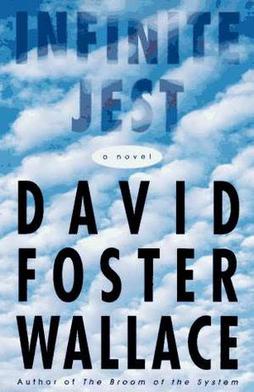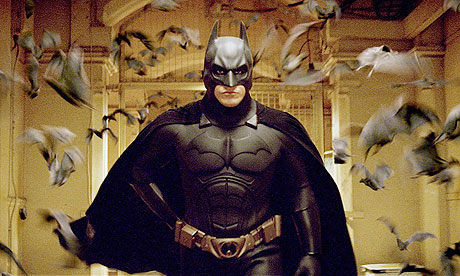My first time being to the Ebertfest ever was this year and it was to see the End of the Tour and Jason Segal! I chose this movie as my “first time” at Ebertfest because of the raving reviews it has got from critics of other film festivals. I was also eager to see Jason Segal’s amazing turn as the late author: David Foster Wallace.The performances and chemistry between both actors is one of the most insightful and awe-inspiring performances I have seen to date. The film acts as a sort of “tete-a-tete” or private conversation between two writers who were successful on different levels. The film had this naturalistic way of storytelling that is compliment of the actors and the director, James Ponsoldt, that has me eager to see where it went next. It did not disappoint.
I ended up not buying the tickets online so i had to wait about an hour and a half just to get in and I was able to get an empty seat up on the balcony. This experience was definitely not what i was expecting. The turnout was an amazing theatre filled with a graceful luxury that i have not seen in a long time and made me want to go back to a “real” theatre back in downtown Chicago. Despite me rolling this experience solo, I generally enjoyed my own company and the experience along with it.
The film was filled with puns towards the university and it’s residents and there was a genuine applause and laughter surrounding the jokes. This movie definitely had me on the edge of my seat with the dialogue and relayed a sort of dark and depressing undertone to it. However, the words and the topics that both characters spoke about had something so real and absolutely fluid in the way it was mentioned. It had some life lessons that had me unsuspecting on what the overall movie was about and from what I took from it, the movie was about the hardships of life and success, and the fact that you are always going to be wanting “more and more” until it consumes you. There is something truly inspirational about that theme and ways of always pushing past your limits and being your own person. After all, your best self is always going to be one step ahead and you are always striving to achieve that existential self.


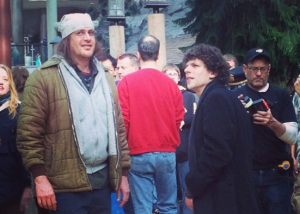
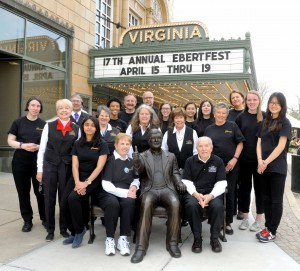
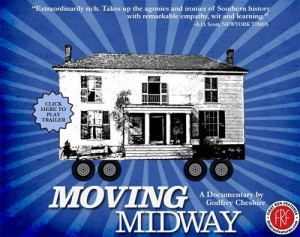



 Michelangelo Antonioni’s Blow Up (1966) is the first non-traditional film that makes me feel so confused when I watched it for the first time. I had to watch three times in order to finish my paper for Blow Up. And it turns out that I like the film more and more after I watched more times. So I choose to compare my review with Roger Ebert’s review.
Michelangelo Antonioni’s Blow Up (1966) is the first non-traditional film that makes me feel so confused when I watched it for the first time. I had to watch three times in order to finish my paper for Blow Up. And it turns out that I like the film more and more after I watched more times. So I choose to compare my review with Roger Ebert’s review.

